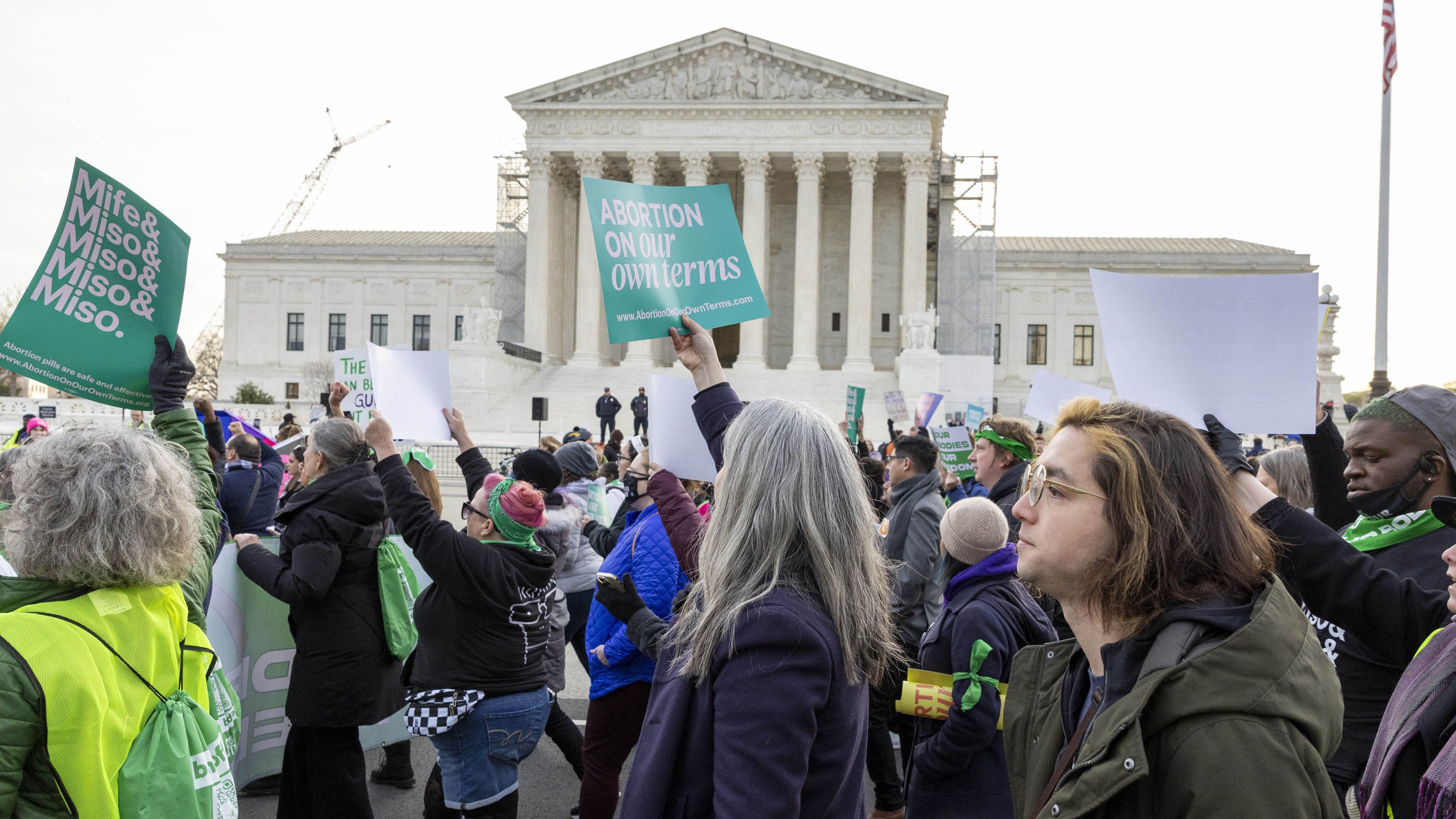Could Indiana's new religious freedom law be used as legal justification for smoking marijuana? Maybe.
The First Church of Cannabis Inc. has been approved by Indiana officials after the state’s controversial Religious Freedom Restoration Act was signed into law last week.
Bill Levin, founder of the church, reportedly filed paperwork almost immediately after Gov. Mike Pence signed the act into law last Thursday with hopes of having the church approved as a religious organization “based on love and understanding with compassion for all.”
Levin said shortly after his paperwork was filed, he received a letter of approval from Secretary of State Connie Lawson, he told the Washington Post.
The church lists cannabis, also called “the healing plant,” as its sacrament.
“It is our fountain of health, our love, curing us from illness and depression. We embrace it with our whole heart and spirit, individually and as a group,” according to the church’s “New Deity Dozen.”
Members of the church are also called “Cannataerians.”
U.S. & World
Since the church’s approval, the group has raised more than $5,000 to rent a facility for their practice and garnered more than 20,000 likes on Facebook.
It has been the subject of national headlines and even got the attention of celebrities including Seth Rogen, who tweeted that Indiana “accidentally created a religion I can get behind.”
According to the church’s Facebook page, members will be able to print and download a “membership card” after donating a monthly fee of $4.20.
While the use of marijuana for both medical and recreational uses is currently illegal in Indiana, the church could potentially use the state’s new law to override that.
The law states that “government action may not substantially burden a person's right to the exercise of religion unless it is demonstrated that applying the burden to the person's exercise of religion is essential to further a compelling governmental interest” or “the least restrictive means of furthering the compelling governmental interest.”
Indiana attorney Abdul-Hakim Shabazz wrote in an op-ed for Indy Politics that “as long as you can show that reefer is part of your religious practices, you got a pretty good shot of getting off scott-free.”
It remains to be seen if lawmakers will in fact adhere to this interpretation of the law, but the RFRA has been at the center of a national controversy in recent days with many arguing the law allows for discrimination. Backlash from the law prompted lawmakers on Thursday to announce clarifications to the language, stating that discrimination against any class of citizens is not tolerated in the Hoosier state.



